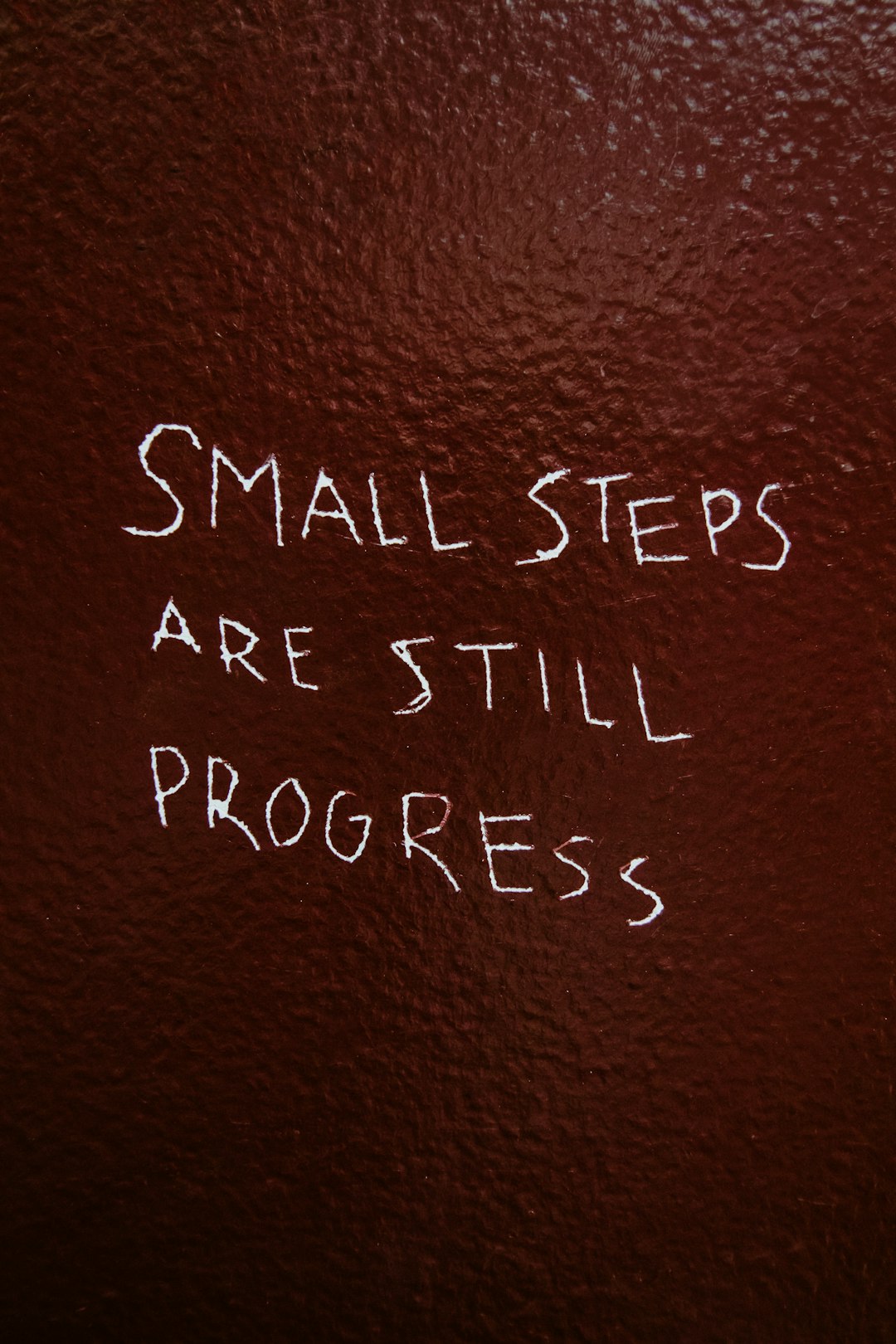The Psychology of Hoarding and How to Overcome It
The Psychology of Hoarding and How to Overcome It
Hoarding, a behavior characterized by the excessive accumulation of possessions and the inability to discard them, can have a significant impact on an individual's life. While it may seem like a simple matter of disorganization or clutter, hoarding is actually a complex psychological issue that requires understanding and support to overcome.
The Root Causes of Hoarding
Hoarding often stems from deep-rooted emotional issues such as anxiety, depression, or trauma. It can serve as a coping mechanism, providing a sense of comfort and security in the face of these underlying problems. Additionally, individuals who hoard may have difficulty making decisions, fear of losing important information, or attach sentimental value to objects.
The Consequences of Hoarding
Hoarding can have severe consequences on an individual's physical and mental health, as well as their relationships and overall quality of life. Living in cluttered and unsanitary conditions can lead to health hazards, such as respiratory problems, mold growth, and increased risk of falls. Hoarding also isolates individuals from social interactions and can cause feelings of shame, embarrassment, and guilt.
Recognizing the Signs of Hoarding
Identifying hoarding behavior is crucial for early intervention and support. Some common signs of hoarding include difficulty letting go of possessions, excessive acquisition of items, cluttered living spaces, and difficulty organizing or categorizing belongings. It's important to approach the topic with empathy and understanding, as individuals who hoard may feel defensive or ashamed about their behavior.
Overcoming Hoarding: Steps to Recovery
Overcoming hoarding requires a comprehensive approach that addresses the underlying psychological issues and helps individuals develop healthier habits and coping mechanisms. Here are some steps that can be taken to support the recovery process:
- Seek Professional Help: A mental health professional with experience in hoarding disorders can provide valuable guidance and support.
- Develop a Support System: Surrounding oneself with understanding and supportive individuals can make a significant difference in the recovery journey.
- Practice Decision-Making Skills: Learning to make decisions about what to keep, donate, or discard is a crucial step in overcoming hoarding tendencies.
- Establish Organizational Systems: Creating a structured and organized environment can help individuals maintain a clutter-free space.
- Challenge Cognitive Distortions: Addressing distorted beliefs about possessions and letting go can help change the thought patterns associated with hoarding.
Maintaining Progress and Preventing Relapse
Recovery from hoarding is an ongoing process that requires consistent effort and support. To maintain progress and prevent relapse, individuals should:
- Practice Regular Decluttering: Regularly reassess belongings and continue to let go of unnecessary items.
- Seek Continued Therapy: Ongoing therapy sessions can provide support and help individuals address any new challenges that may arise.
- Develop Healthy Coping Mechanisms: Finding alternative ways to cope with stress and emotional distress can prevent the return of hoarding behaviors.
- Engage in Self-Care: Prioritizing self-care activities can reduce anxiety and improve overall well-being.
Conclusion
Understanding the psychology behind hoarding is crucial for providing effective support and intervention. By addressing the root causes, seeking professional help, and implementing healthy habits, individuals can overcome hoarding tendencies and regain control of their lives. Remember, recovery is possible, and with the right support, individuals can create a clutter-free and fulfilling future.






